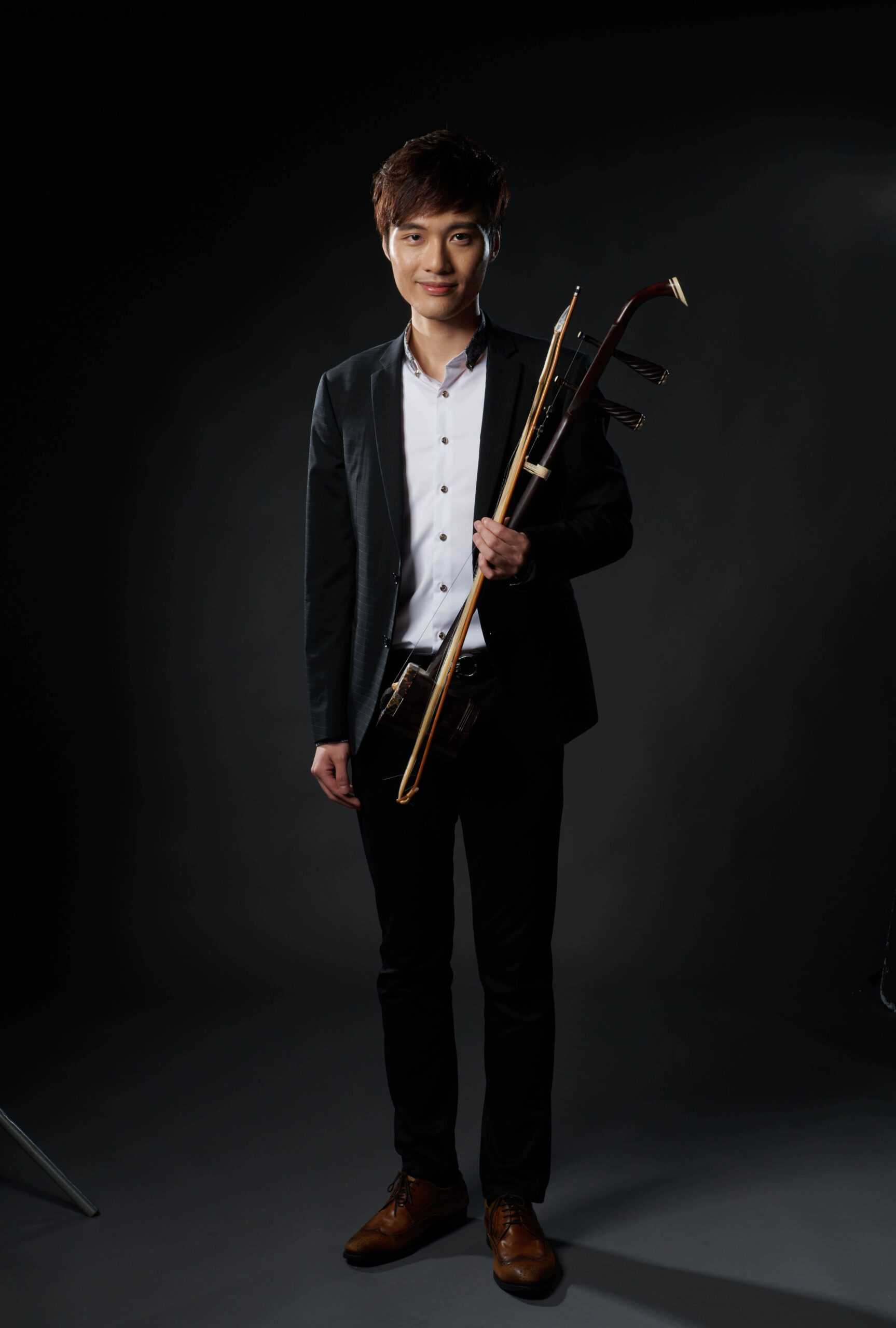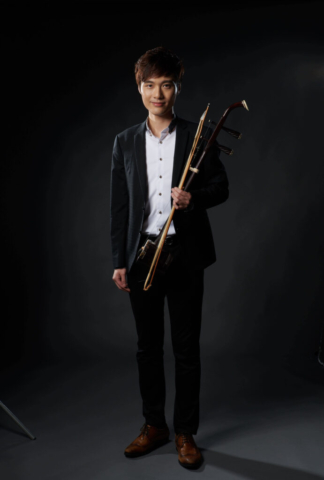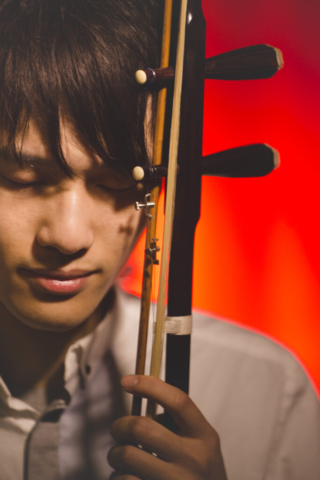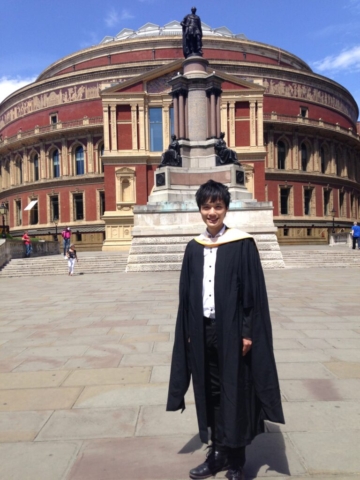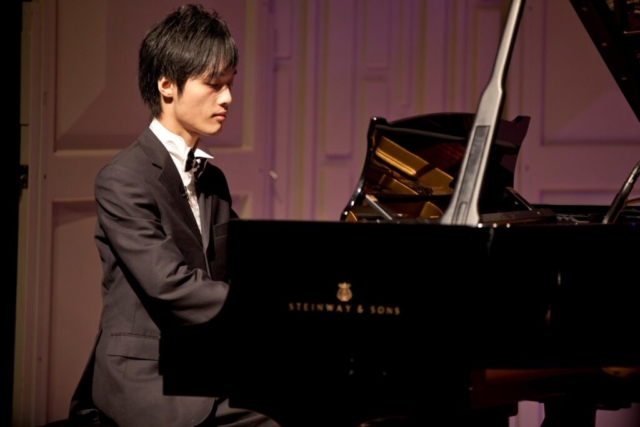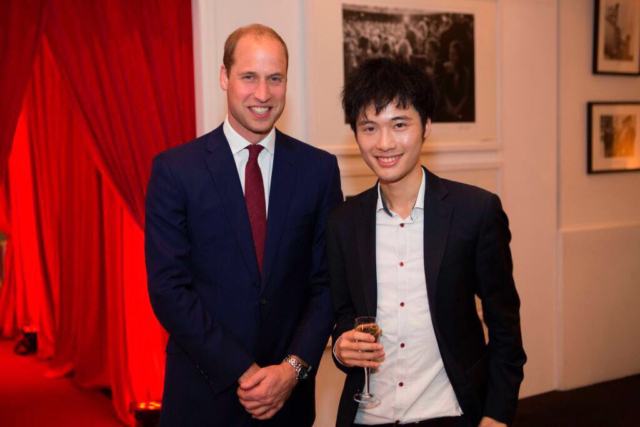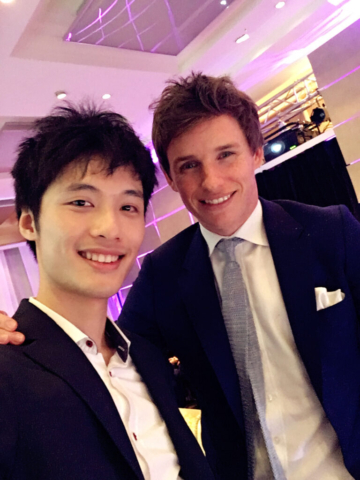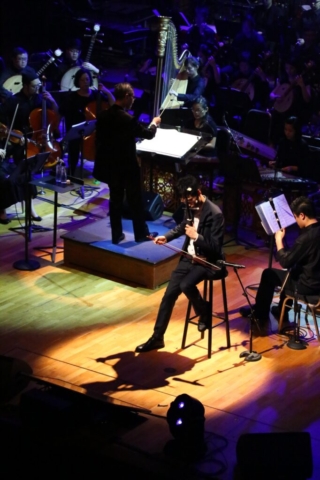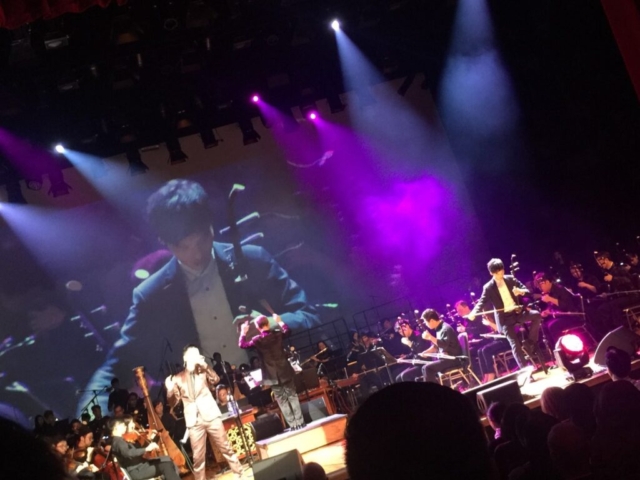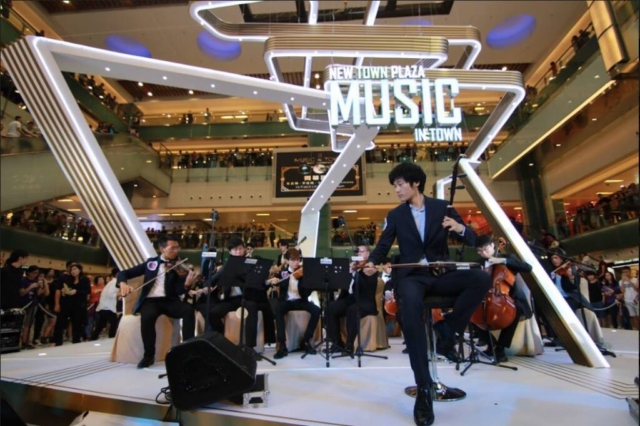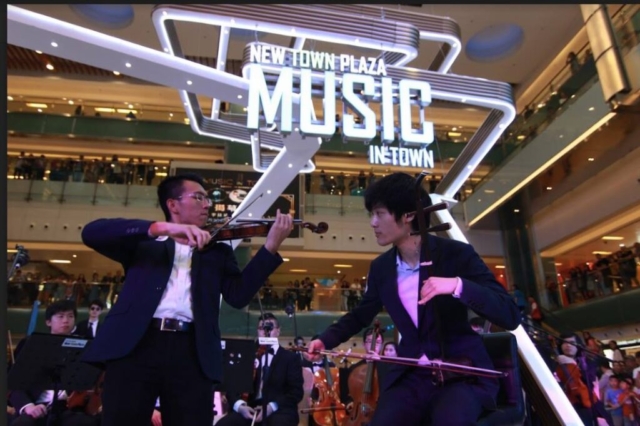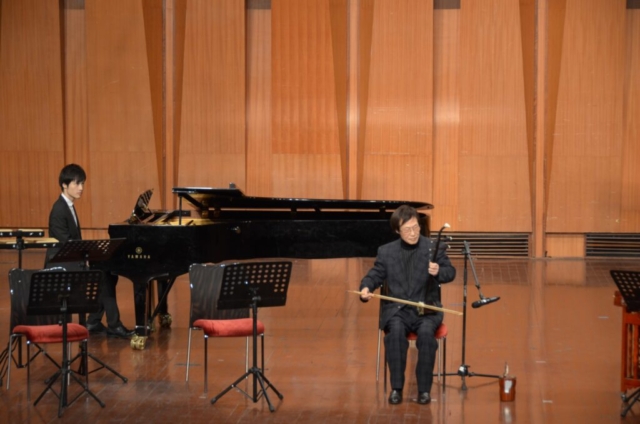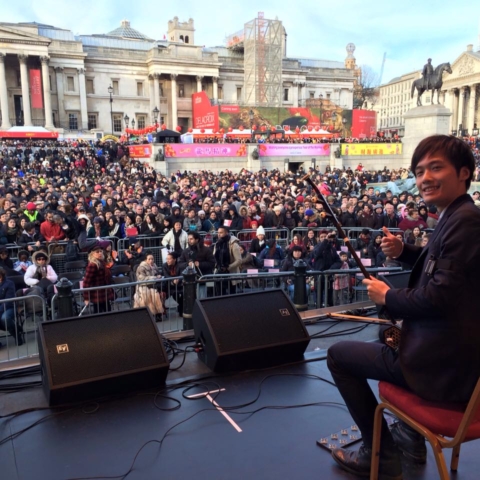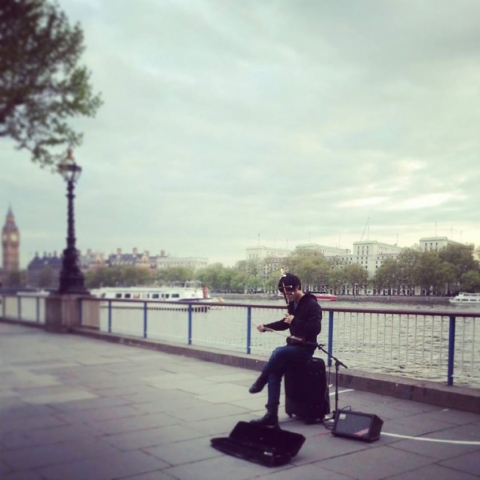7-12-2020
In 2020, China’s population is over 1.4 billion. In 2019, a film composer and Erhu(二胡)music player Wan Pin CHU(朱芸編) in Hong Kong, about 28 years old, scored music for an epic animated film Nezha(哪吒之魔童降世)which had an incredible gross box office over 700 million USD in China. When things impossible in Hong Kong are possible in the Chinese Mainland, we call it a miracle.
Wan performed Erhu solo for Chairman Xi Jinping and Prince William in the UK in 2015. He won numerous international music competition awards. This young talent was born and raised in Hong Kong. His father is a great Erhuist. In 2013, he finished his undergraduate study at King’s College London and the degree was in Musicology and Composition. Wan then received a scholarship to study Master in Composition for Film, Television and Game in the prestigious Royal College of Music. He returned to work in Hong Kong. Wan said, “Hong Kong is my home. It may grow or diminish, but this hometown remains mine. Where I may work or stay will be insignificant, Hong Kong will be important and always in my heart.”
Hong Kong is facing a diversity of issues that may affect her future. We have no idea how bad it may get. In the 1970s, China accounted for little of the world’s trade. Now, it is the leading manufacturing nation and biggest exporter. Hong Kong is no longer the ‘Gateway to China’. The rapid aging of Hong Kong’s population impacts adversely our economic growth. Our city is characterized by an extremely high degree of reliance on banking and financial institutions. Other trades are fading. Politically, we have an unsatisfactory situation in that the society was divided. The grumbling poor remain poor.
Wan said, “If Hong Kong is a small market, we must look for a bigger sky outside. The sky suggests possibility, optimism and dream. But, I want to say 2 things. Apart from the Chinese Mainland market, we shall not forget the rest of the world. Diversification and globalization, inclusive of cultural matters, are the keys to the cyber future. This explains why my music team often consisted of artists from different places apart from Hong Kong and they were from Beijing, Great Britain and Eastern Europe.”
I looked into the topic, “What is your second point?” Wan talked seriously, like a lawyer which he once wanted to be, “A place must have, if not maintain, its own personality. It must be unique and distinctive in order to be charming.” I gave thought to it, “Does Hong Kong have its own personality?” Wan said, “Hong Kong had been a British colony for 100 years since 1842. It is now part of China, one of the oldest world civilizations. Both Britain and China were rich with history, culture, art and philosophy. But, it may be too stale to describe, almost as a cliché, that Hong Kong is a melting pot of Chinese and western cultures. To stand out and compete, Hong Kong should be less unilateral or bilateral, and more international-minded. For example, Asia is the birthplace of many cultural traditions and art forms and they are what we can turn to. International-mindedness is the ability to be receptive to a multitude of ideas and cognisant of various experiences worldwide; and finally turn it into your own.”
I supported the view, “Film critics commented that Hong Kong films carried ‘Hong Kong whiff’(港味) which was a combination of speed, functionality, open-mindedness, humour and compactness and these were the characteristics of people in Hong Kong.”
Wan concurred, “The same has a bearing on music. The Hong Kong pop music called ‘Cantopop’ attained its highest glory with a huge fanbase reaching the Chinese Mainland and Asia in the 80s and 90s. Why? I believe our city’s music has its own style as to the melody, tempo, music composition and contents. While the mainstream music in the commercial market is going feeble, I can feel the young musicians in Hong Kong are still full of energy and passion to try to break through.”
I asked, “Can you give me an example in which Hong Kong music talents can explore, given our global sensitivity?”
Wan thought about it, “Say in the case of soundscape music (It basically refers to the ‘sound’ or ‘waveforms’ faithfully transmitted to our auditory cortex by the ear forming the musical tune). It is an interesting new area that we can explore even for music scoring in film.”
We have 2 lives. The life we live, and the unlived life ahead of us. Between the two stands resistance. We like to use our present, or sometimes past, experience to define what ahead will be acceptable or not. Some young people in Hong Kong seem lost in that way. Politically, they incline to the past. Economically, they expect a wonderful new world with Hong Kong standing alone on its own feet. Paradoxically though it may seem, reality sadly limits dream more than dream expands reality.
This article can also be found at the following sites:




